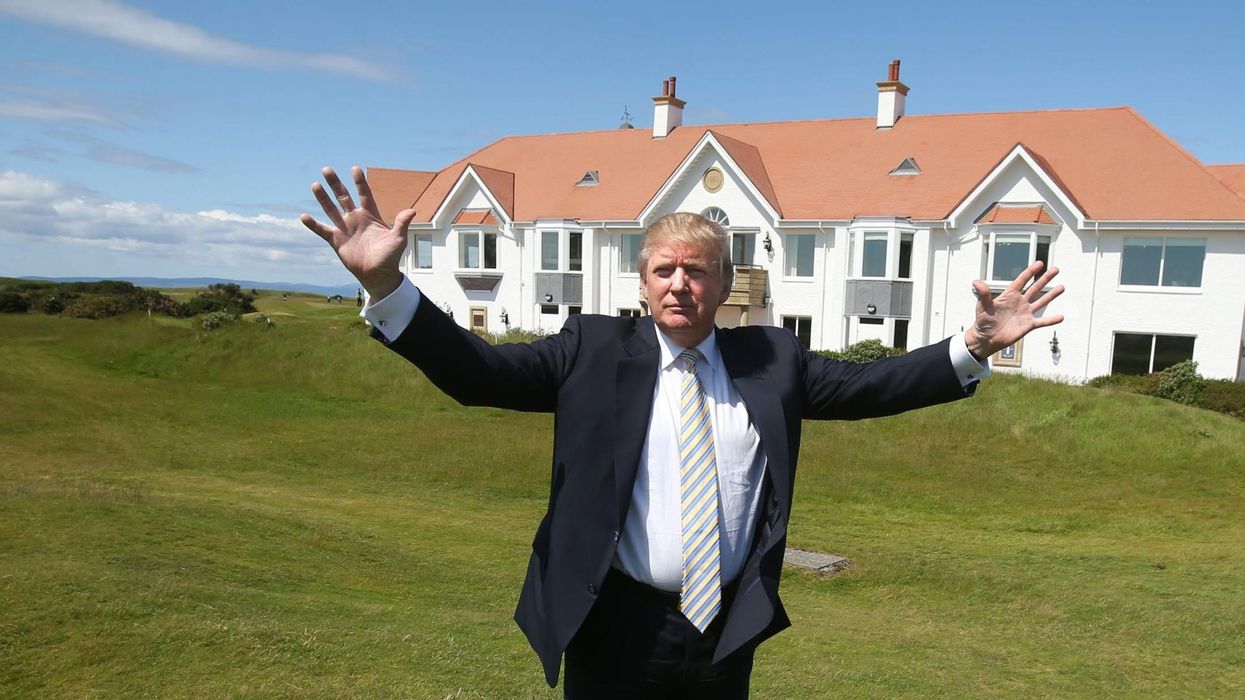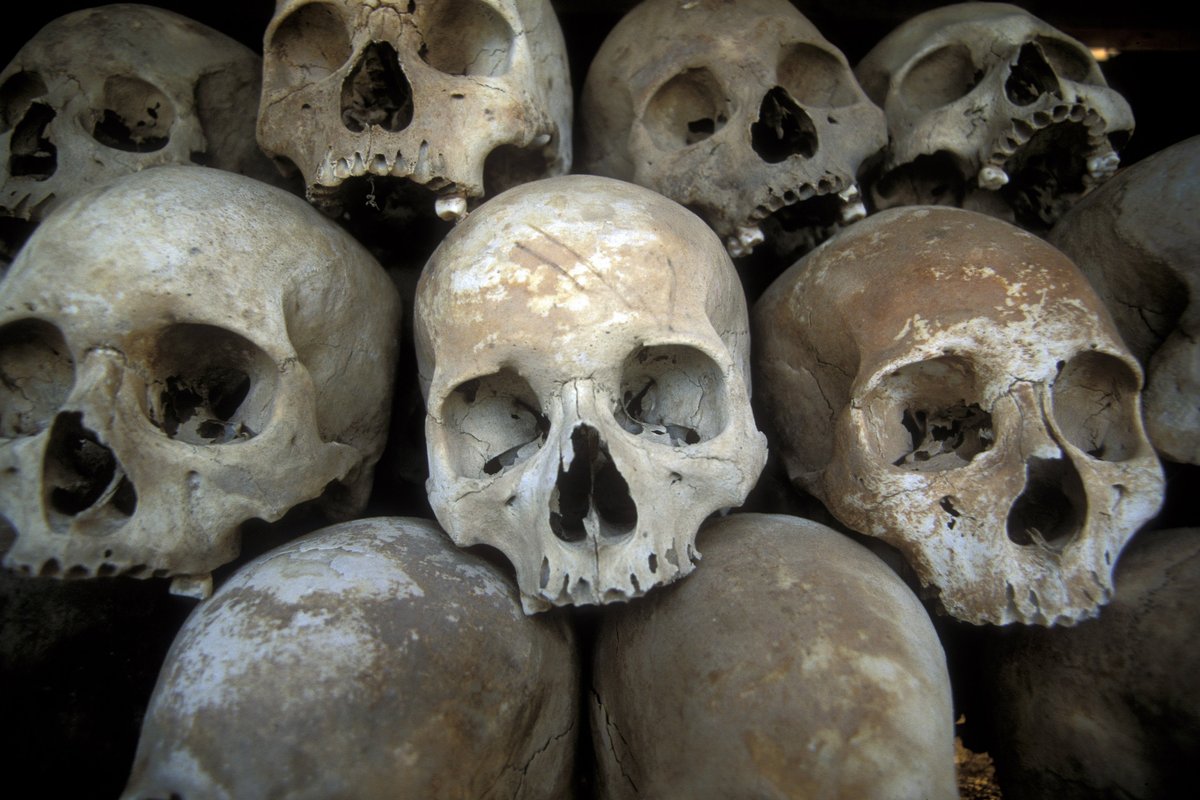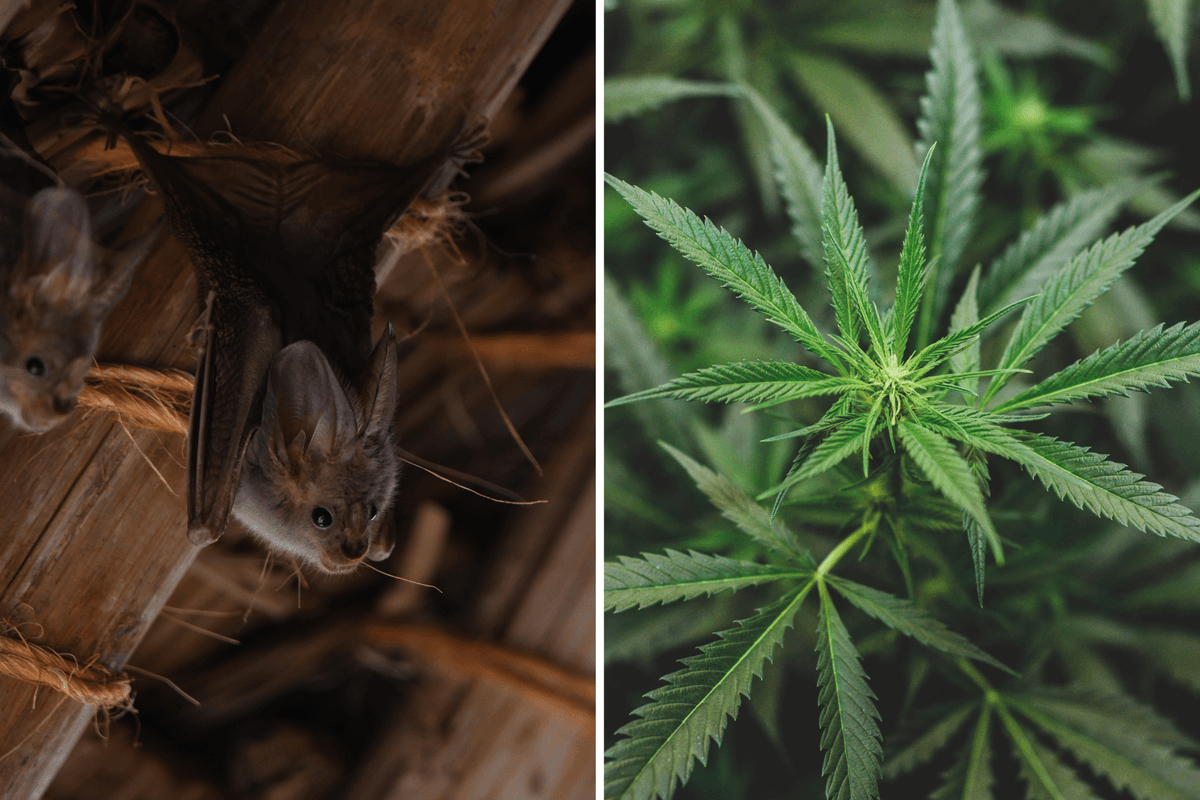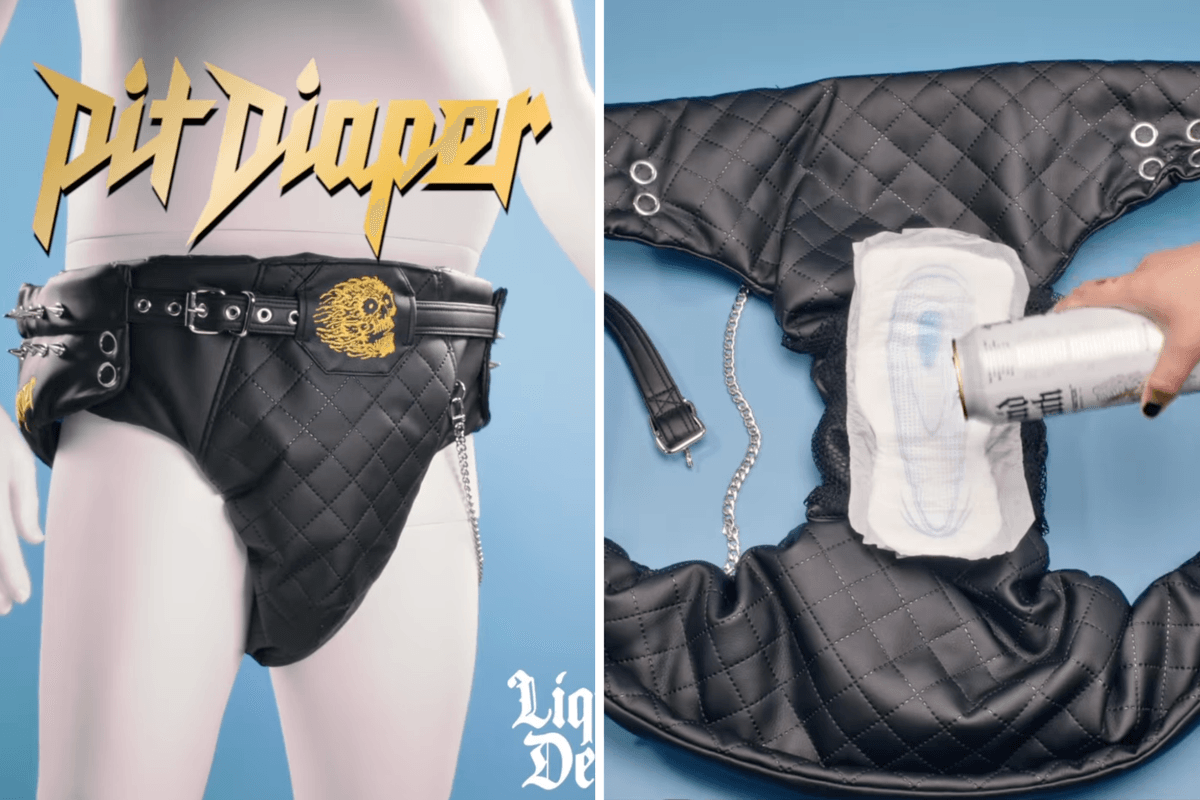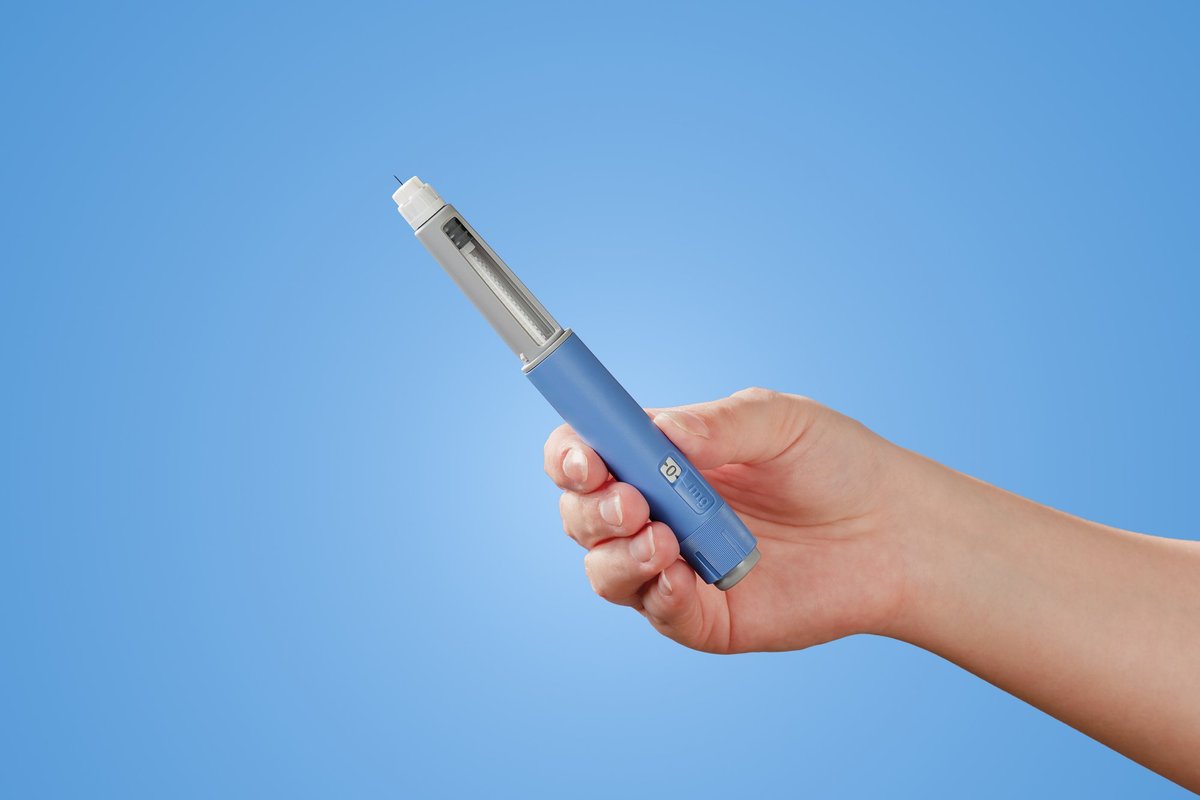News
Louis Staples
Mar 12, 2020
President Trump has announced a string of new travel restrictions between America and Europe in a bid to stop the global spread of coronavirus.
But eagle-eyed observers have pointed out that Trump’s new European travel restrictions have one (very convenient) thing in common: they avoid countries where Trump-owned golf resorts are located.
Trump’s obsession with promoting his own properties while serving as president has already come under criticism.
After staying at many of his resorts, he’s been served numerous lawsuits and investigations alleging that he’s violating the Constitution by accepting taxpayer money other than a salary (which he doesn't take). People have also speculated whether his recent trip to India, or his political bromance with Turkish president Recep Tayyip Erdoğan, are partly linked to Trump Organisation dealings in both countries.
How does Trump’s travel ban exclude his resorts?
The US government travel ban targets 26 European countries that comprise a visa-free travel zone known as the “Schengen Area”.
The UK is home to two Trump resorts (Trump Turnberry and Trump International Golf Links). Ireland is home to another Trump-branded hotel and golf course at Doonbeg. Both of these countries, as well as Bulgaria, Croatia and Romania, are not part of the Schengen Area.
So rather conveniently Trump’s travel ban has no affect at all on his business at a time when they are struggling financially. Hmm.
The administration’s European travel statement reads:
The Schengen Area has exported 201 COVID-19 cases to 53 countries. Moreover, the free flow of people between the Schengen Area countries makes the task of managing the spread of the virus difficult.
On social media, people think it’s pretty odd that Trump’s ban excludes the UK, particularly seeing as Britain just recorded its biggest single rise in cases.
So it’s not entirely clear what’s driven the loophole.
We couldn’t possibly comment…
Top 100
The Conversation (0)
